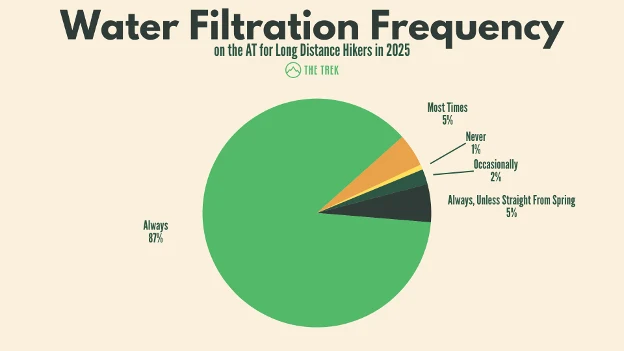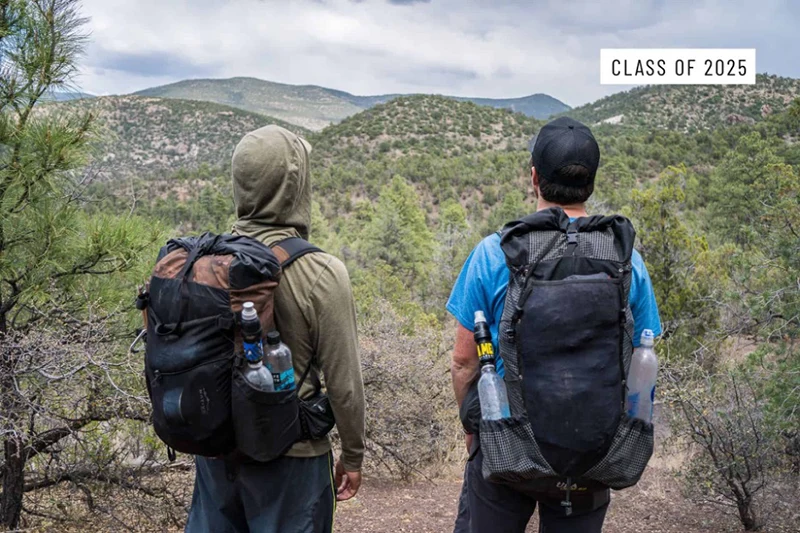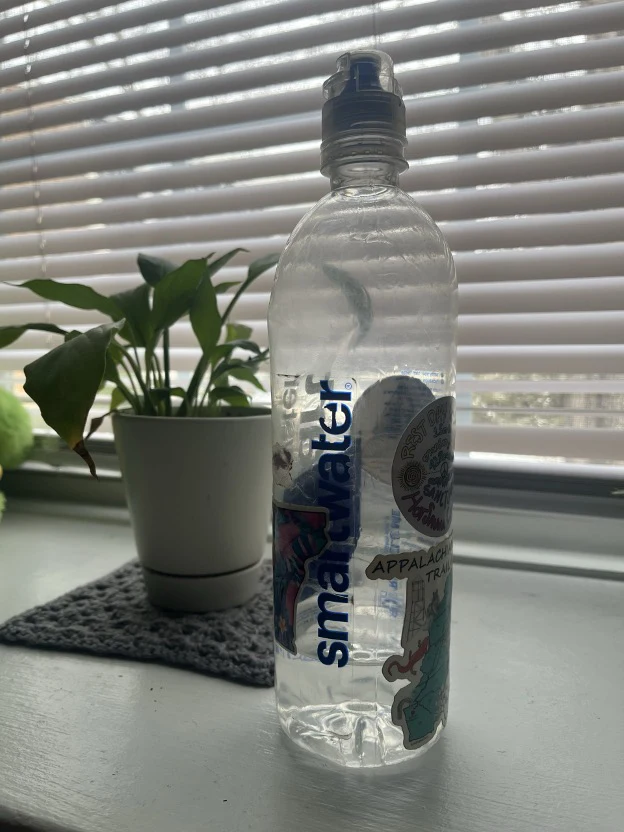The Best Bug Spray for Babies to Keep Mosquitos and Insects Away from Experienced Mommy
The Best Bug Spray for Babies to Keep Mosquitos and Insects Away from Experienced Mommy

The Best Bug Spray for Babies to Keep Mosquitos and Insects Away from Experienced Mommy
YouTube video highlight
The Best Bug Spray for Babies to Keep Mosquitos and Insects Away from Experienced Mommy
Read more about the projectThe Best Bug Spray for Babies to Keep Mosquitos and Insects Away from Experienced Mommy
Did you know that babies can get impetigo, cellulitis, and even lymphangitis as the result of a mosquito bite? Not to mention the risk of West Nile Virus or even the Zika virus.
Since babies can’t protect themselves, it’s up to us parents to make sure that they are safe from all insects. But how do you ensure your baby is fully protected from biting bugs like mosquitoes and ticks?
Check out our list below of the best bug spray for babies. You’ll find a great option that will be safe and effective at protecting your baby’s health every time your family goes outdoors!
Read the full article by Amy Sylvestre on Experienced Mommy's website here.
The Best Bug Spray for Babies to Keep Mosquitos and Insects Away from Experienced Mommy


The Best Bug Spray for Babies to Keep Mosquitos and Insects Away from Experienced Mommy
Did you know that babies can get impetigo, cellulitis, and even lymphangitis as the result of a mosquito bite? Not to mention the risk of West Nile Virus or even the Zika virus.
Since babies can’t protect themselves, it’s up to us parents to make sure that they are safe from all insects. But how do you ensure your baby is fully protected from biting bugs like mosquitoes and ticks?
Check out our list below of the best bug spray for babies. You’ll find a great option that will be safe and effective at protecting your baby’s health every time your family goes outdoors!
Read the full article by Amy Sylvestre on Experienced Mommy's website here.
The Best Bug Spray for Babies to Keep Mosquitos and Insects Away from Experienced Mommy


The Best Bug Spray for Babies to Keep Mosquitos and Insects Away from Experienced Mommy
Did you know that babies can get impetigo, cellulitis, and even lymphangitis as the result of a mosquito bite? Not to mention the risk of West Nile Virus or even the Zika virus.
Since babies can’t protect themselves, it’s up to us parents to make sure that they are safe from all insects. But how do you ensure your baby is fully protected from biting bugs like mosquitoes and ticks?
Check out our list below of the best bug spray for babies. You’ll find a great option that will be safe and effective at protecting your baby’s health every time your family goes outdoors!
Read the full article by Amy Sylvestre on Experienced Mommy's website here.

























































































































